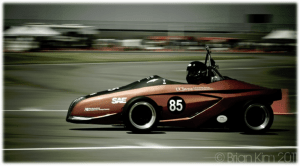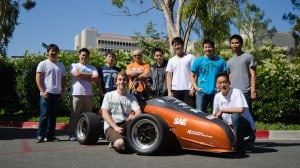Workshop on 21st Century Kinematics: The Book
The presenters for the 2012 IDETC/NSF Workshop on 21st Century Kinematics, August 11-12, 2012, Chicago, Il, have gathered background information into this book published by Springer. It is a guided compilation of work by the presenters found in their recent papers and books. We are grateful to ASME, IJRR, Robotica and Springer for the permission to reprint these excerpts.












